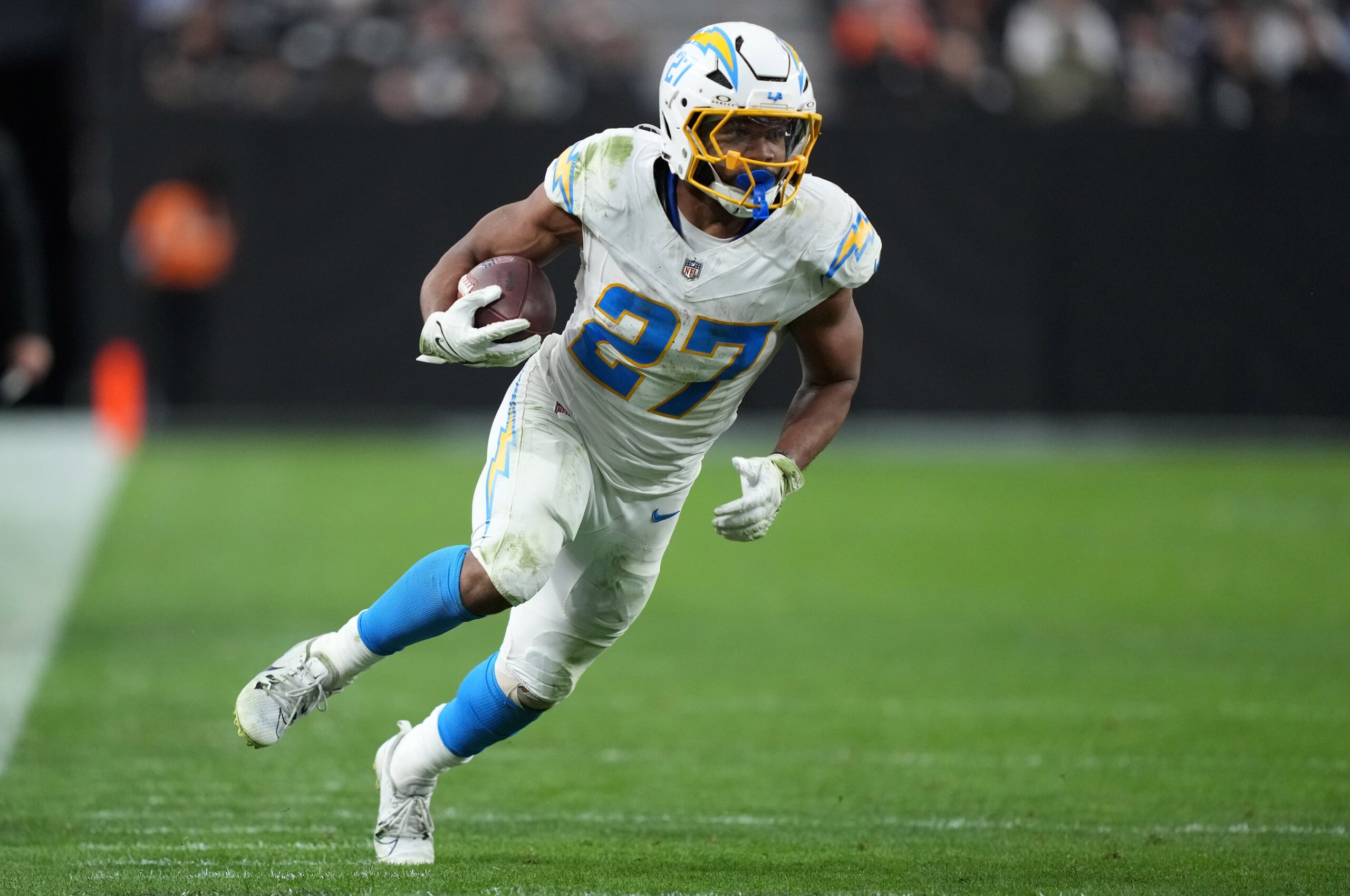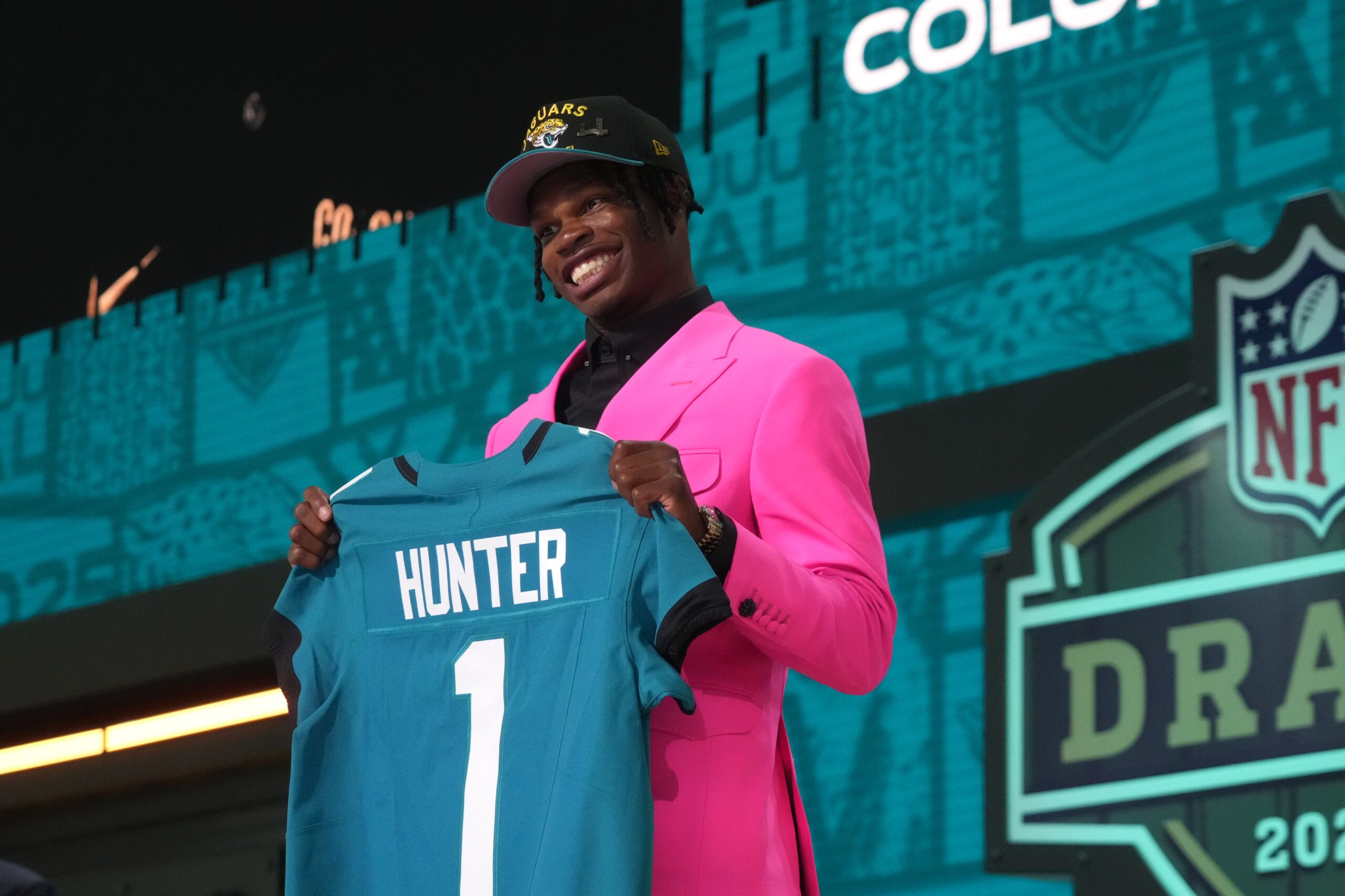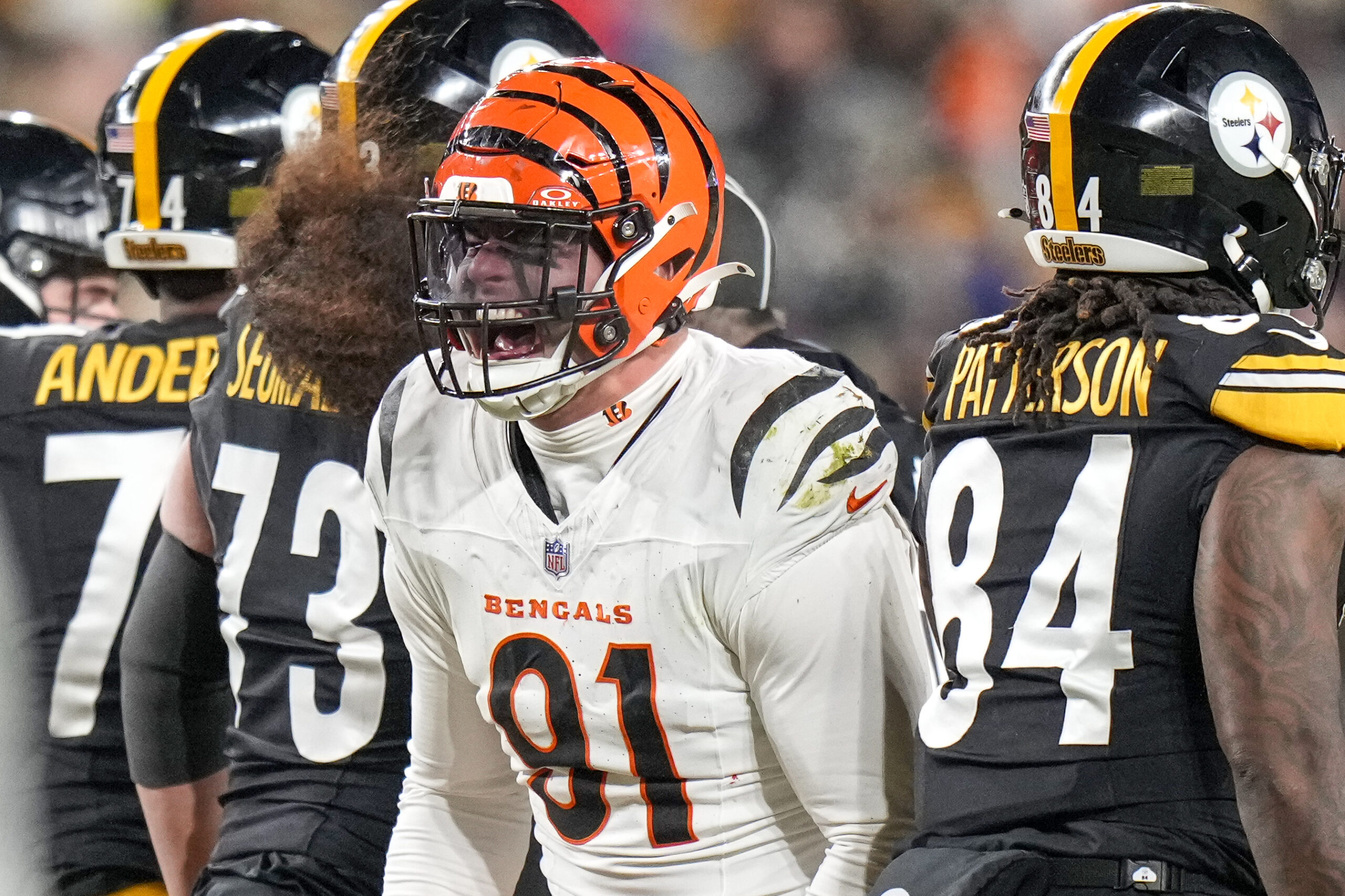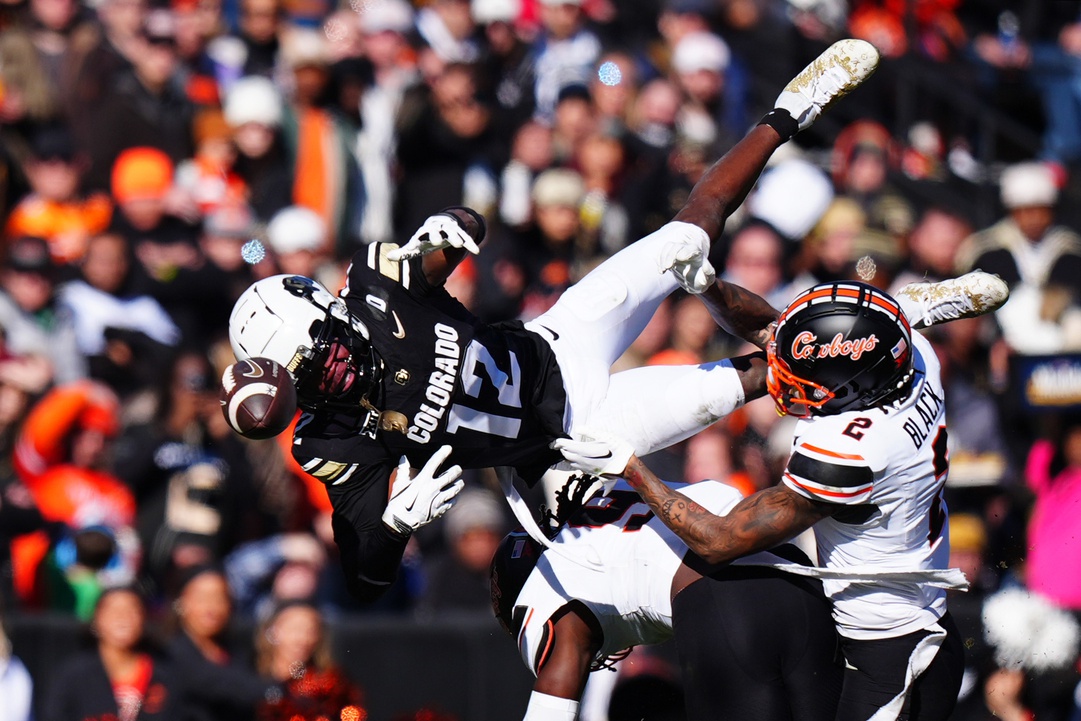NFL Analysis
2/13/24
6 min read
Kyle Shanahan's Super Bowl Overtime Decision Wasn't The Disaster Everyone Thinks
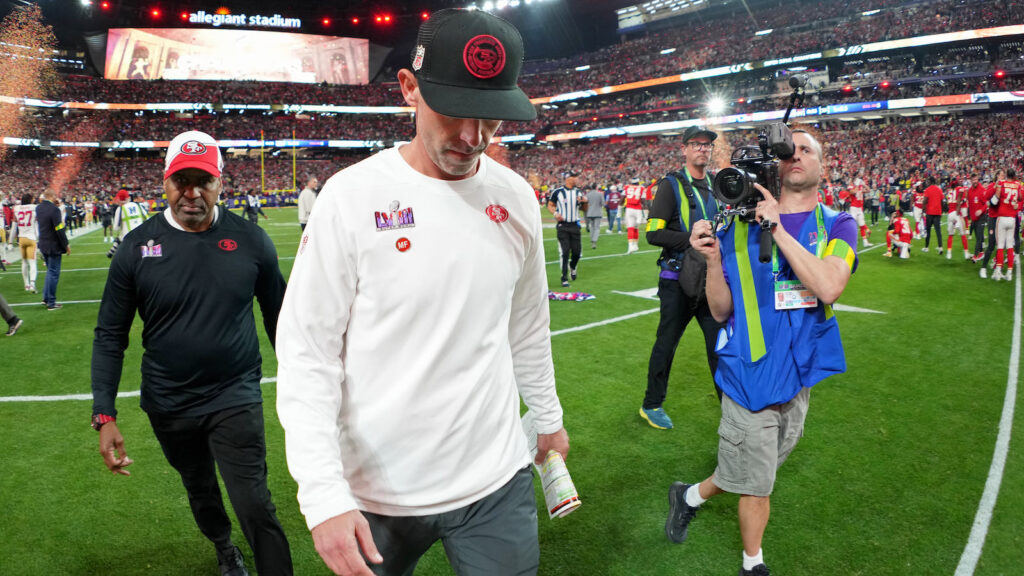
NFL playoff overtime rules are unsurprisingly a very hot topic. These are the biggest moments in the biggest games for the biggest sport.
When teams went 10-2 when taking the ball first in the previous iteration of the playoff overtime rules, the league stepped in and changed things so both teams were guaranteed to possess the ball in playoff OT.
In Super Bowl LVIII, with these modified rules in hand, the San Francisco 49ers won the toss in overtime and took the ball. They drove down the field, consumed 7:38 off the clock and kicked a go-ahead field goal.
Then, they watched in horror as Patrick Mahomes completed another comeback, giving the Kansas City Chiefs a 25-22 victory and a second consecutive championship.
This game featured two coaches who are notorious for bungling in-game management. So did Kyle Shanahan blow this by electing to take the ball first?
Analyzing Shanahan's Decision
The Arguments For and Against
If both teams are guaranteed a full possession, there isn’t much empirical reason to prefer getting the ball first or second. In the previous system, you had a pretty decent chance of winning immediately if you scored a touchdown. That sort of imbalance doesn’t exist in this system.
As a result, the key arguments are more subtle.
Going first allows you to set the tone, maintain momentum and keep the opposing defense on the field when they’re gassed. If both teams score the same amount on their possession — which would happen pretty often — it affords you a single sudden-death possession.
Going second allows you to know what you’re up against, though. The Chiefs faced that exact scenario. They knew they needed to score and, therefore, were forced to be aggressive in a way that they wouldn’t have been if the 49ers had not scored. The Chiefs knew what they needed to do and received a little extra wiggle room as a result.
That last point is probably the strongest argument one way or the other, and it’s in favor of taking the ball second. But is there a numerical case for it?
How the NFL Arrived at This Rule Change
The NFL went through a detailed, data-driven process to evaluate the prospect of rule changes for playoff overtime. This includes many of the same people who plan and run the Big Data Bowl, an annual football analytics competition.
They also produce an insightful blog, The Extra Point, where they relay findings on several research topics. I have a lot of confidence in the rigor with which they go about things.
If it’s clear the best strategy is to kick at the start of overtime, with essentially no in-game evidence to base it on, then this isn’t a Kyle Shanahan failure, it’s an NFL failure. The whole point (or at least most of it) is to create equity, so the rule change would have immediately and immensely failed if the decision were this clear.
Anyway, to the numbers.
How The SIS Probability Model Breaks Down The Decision
Modeling in-game decisions often relies on historical data to back up the computations. But we haven’t seen a rule set like this before. Even if we had, it would have occurred in a few games. So we have to make things up as we go.
We can map this out by estimating what would happen in the three most likely scenarios for the 49ers: they don’t score, they kick a field goal or they score a touchdown.
If they score a touchdown, the Chiefs, in all likelihood, have a drive starting at their 25 down by a touchdown with as much time as they need. But to match this up with the urgency of overtime, we can consider this more like starting with three minutes left in the fourth quarter. If you don’t score a touchdown, you lose. But if you do, you fight another day.
If the 49ers kick a field goal, all of the above is true except the Chiefs are down by only three points. The difference is there is a likely scenario where Kansas City goes down the field and scores a touchdown, instantly winning (which, of course, is what happened). This plays out just like the old overtime system, then — a team that gets the ball second has to score to stay in the game but has a chance to win immediately with a touchdown.
If they don’t score, it obviously depends on field position at that point. But if we assume average field position after a non-score (the 24-yard line), again it works like the old overtime system. If the Chiefs score they win, and if they don’t score, the 49ers can win in sudden death.
Using average drive conversion rates in close fourth quarters among quality teams and the SIS win probability model, we can approximate the win chances for each choice.
Win Probability Estimate If You Receive
| Drive outcome | Percentage of Times | Win Percentage |
| Score a TD | 25 percent | 88.70 percent |
| Kick a FG | 18 percent | 53.25 percent |
| No score | 57 percent | 41.30 percent |
| Total | 55.30 percent |
Based on these numbers, it’s good to take the ball first. Most drives don’t end in a score, so a team has a pretty good chance of getting the ball back and having more drives than its opponent. When one team scores a touchdown, the most likely bad scenario is the other team scores, too, letting the first team get the ball in a sudden-death situation.
The biggest surprise is the field goal barely gets a team better than a coin flip to win the game. However, situations like in Super Bowl LVIII show why that might be the case. Giving your opponent the ability to play aggressively without having the security of a full touchdown lead is a recipe for trouble.
This finding is definitely a bit strong if we take the math as-is. There probably are some “soft” factors that make the decision difficult.
In this case, one of those is that Mahomes is on the other sideline and just erased your prior lead. But the thing that seems clear is it’s definitely not a no-brainer the 49ers should have kicked to start overtime.
This story was written by Alex Vigderman


